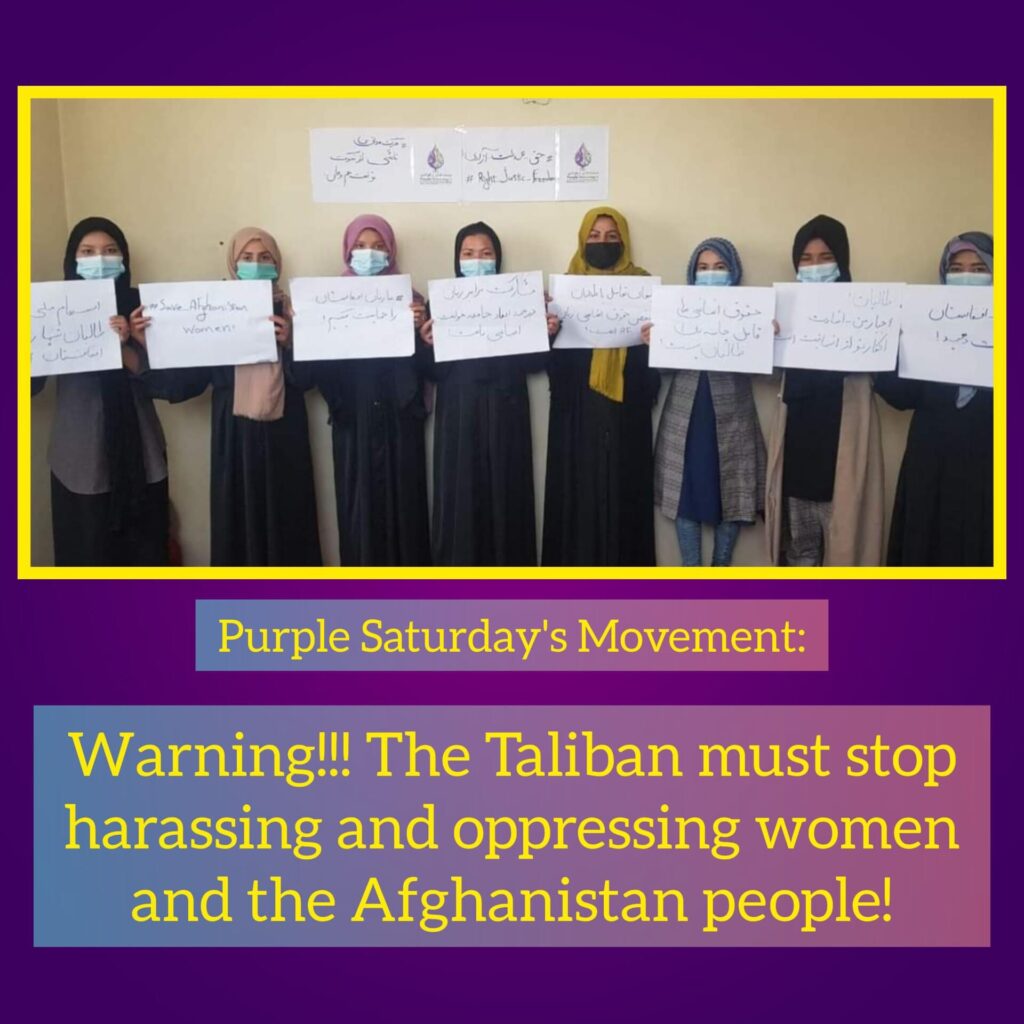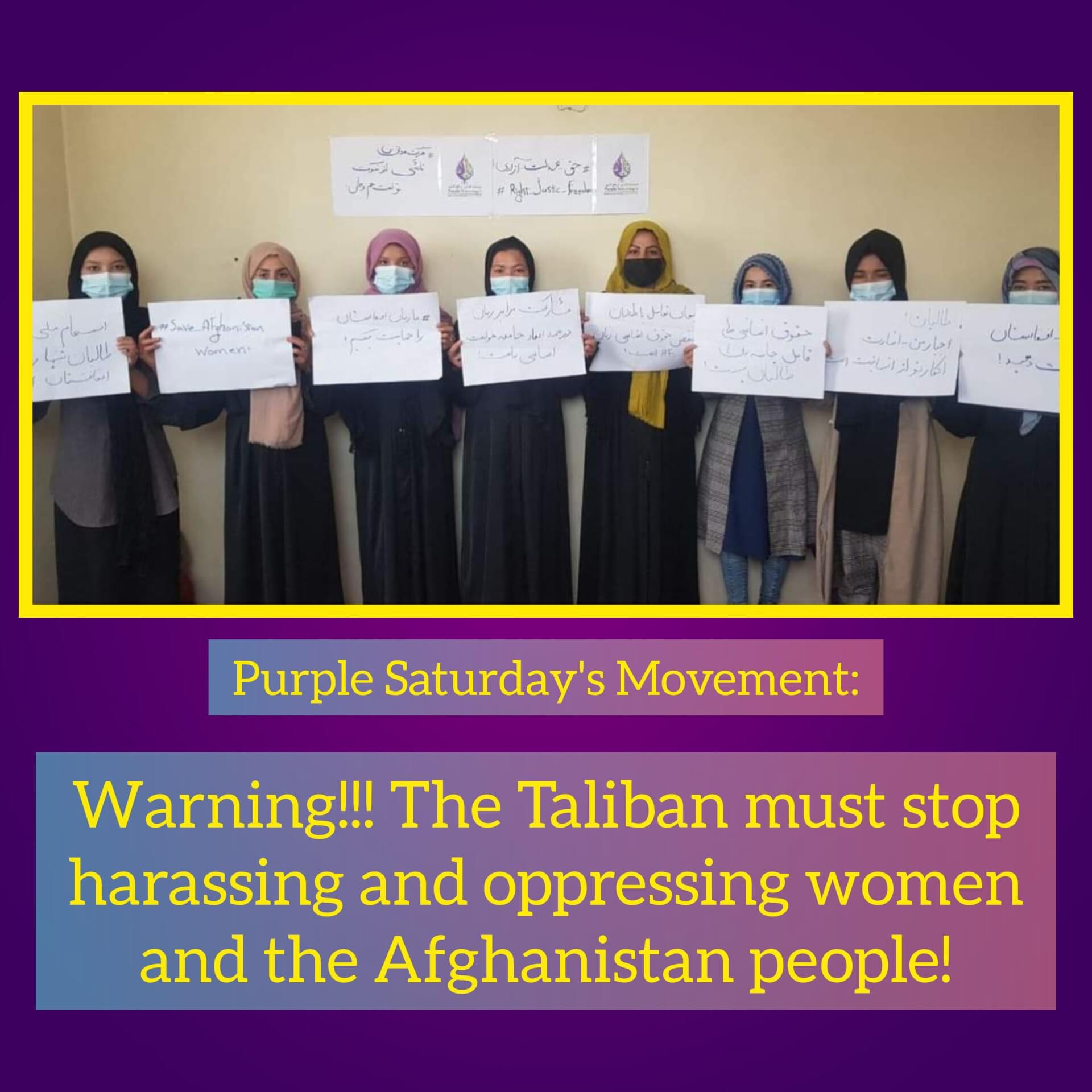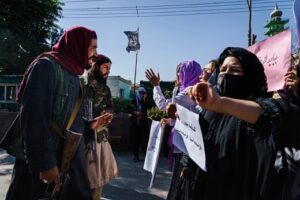The recent resurgence of the Taliban in Afghanistan has brought with it a wave of oppression and discrimination against women. One of the most glaring examples of this is the Taliban’s imposition of a strict hijab mandate, which not only disrespects women but also perpetuates a culture of misogyny and inequality. This article explores the consequences of the Taliban’s hijab policy and highlights the urgent need for international attention and action to protect the rights and dignity of Afghan women.
1. The Taliban’s Hijab Mandate: A Symbol of Control
The Taliban’s enforcement of a mandatory hijab for women is a clear indication of their desire to exert control over women’s lives. By dictating what women can wear, the Taliban seeks to suppress their individuality and limit their freedom of expression. This imposition not only violates the basic human rights of Afghan women but also reinforces harmful gender stereotypes and perpetuates a culture of subjugation.
2. Disrespect and Dehumanization of Afghanistan Women
The Taliban’s hijab mandate is a blatant act of disrespect towards Afghan women. It reduces them to mere objects, denying them agency and autonomy over their own bodies. By enforcing a dress code that covers women from head to toe, the Taliban sends a message that women are inherently impure and need to be hidden away. This dehumanization not only strips women of their dignity but also fosters a culture of violence and discrimination against them.
3. Impact on women’s education and problems
The Taliban’s hijab policy has severe consequences for women’s access to educational and employment opportunities. Many women in Afghanistan have fought for the right to education and have made significant progress in recent years. However, the imposition of the hijab by the Taliban threatens to reverse this. Women who refuse to comply with the dress code can face imprisonment or lose their jobs, marginalizing most of them and limiting their vision for a better future.
4. Psychological and Emotional Toll on Afghanistan Women
The forced imposition of the hijab takes a significant toll on the psychological and emotional well-being of Afghan women. Being constantly monitored and restricted in their appearance creates a sense of fear and anxiety. Women are made to feel ashamed of their bodies and are denied the freedom to express themselves. This constant surveillance and control erode their self-esteem and contribute to a culture of fear and oppression.
5. International Response and the Way Forward
The international community must condemn the Taliban’s hijab mandate and take immediate action to protect the rights of Afghan women. Diplomatic pressure, economic sanctions, and humanitarian aid should be utilized to ensure that Afghan women are not subjected to further discrimination and violence. It is crucial to support local women’s rights organizations and amplify the voices of Afghan women who are fighting for their rights and freedoms.
Conclusion:
The Taliban’s imposition of a strict hijab mandate is not only a crime against the women of Afghanistan but also a violation of their fundamental human rights. It is essential for the international community to stand in solidarity with Afghan women and work towards dismantling the oppressive structures that perpetuate gender inequality. Only through collective action and sustained advocacy can we hope to bring about lasting change and ensure a brighter future for Afghan women.
By : Aisha, Women’s and children’s rights activist
#حق_عدالت_آزادی
#right_justice_freedom
admin





